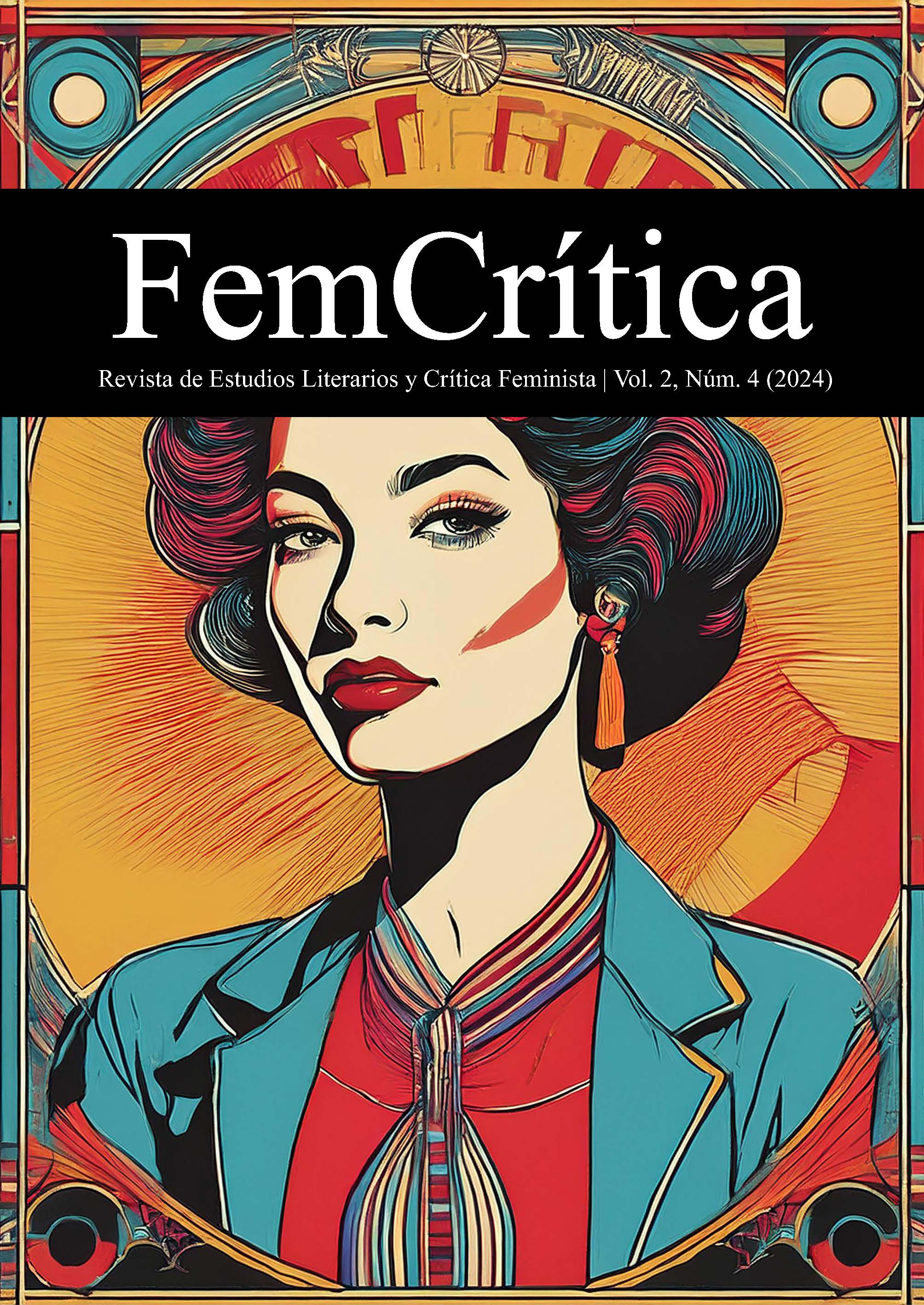Representation of queer identities in coming-of-age, Nigerian-set narratives
Parole chiave:
queer identities, Nigeria, horizontal bonds, queerphobia, coming-of-ageAbstract
This paper sets out to explore how queer identities are represented in coming-of-age narratives set in Nigeria and written in English by a new wave of contemporary female authors in the diaspora. Identified throughout the analysis under the acronym QTPOC (Queer and Trans People of Colour), the queer protagonists of Olumide Popoola’s When We Speak of Nothing (2017) and Buki Papillon’s An Ordinary Wonder (2021) expose how their subjectivities are formed through the intersections of gender, sexuality, and race. Underpinning the analysis of the selected fiction is the need to critically reflect on how political otherness continues to affect queer communities in the Nigerian context. While examining biased attitudes remains a central feature of this analysis, this paper highlights the potential of horizontal bonds and solidarity relations for empowering the queer protagonists. Popoola and Papillon’s interest in portraying the development of a resistance consciousness confirms that this contemporary trope of female authors uses literature as a pedagogical tool to counter queerphobia and advocate for queer rights in Nigeria and beyond.
Downloads
Riferimenti bibliografici
Alimi, N. F. (2017). Negotiating Identity: Sexuality and Gender in Olumide Popoola’s When We Speak of Nothing (2017). IAFOR Journal of Literature and Librarianship, 8(1), 17-28. https://doi.org/10.22492/ijl.8.1.01
Azuah, U. N. (2005). The Emerging Lesbian Voice in Nigerian Feminist Literature. In F. Veit-Wild & D. Naguschewski (Eds.), Body, Sexuality and Gender: Versions and Subversions in African Literatures (1st ed., pp. 129-170). Rodopi.
Bryce, J. (2008). “Half and Half Children”: Third-Generation Women Writers and the New Nigerian Novel. Research in African Literatures, 39(2), 49-67. https://doi.org/10.2979/ral.2008.39.2.49
Davis, S. (2023). Queer and Trans People of Colour in the UK: Possibilities for Intersectional Richness. Routledge.
Green-Simms, L. (2016). The Emergent Queer: Homosexuality and Nigerian Fiction in 21st Century. Research in African Literatures, 47(2), 139-161. https://doi.org/10.2979/reseafrilite.47.2.09
Murphy, E. R. (2012). An Interview with Sefi Atta. Research in African Literatures, 43(3), 106-114. https://doi.org/10.2979/reseafrilite.43.3.106
Nwakanma, O. (2008). Metonymic Eruptions: Igbo Novelists, the Narrative of the Nation, and New Developments in the Contemporary Nigerian Novel. Research in African Literatures, 39(2), 1-14. https://doi.org/10.2979/ral.2008.39.2.1
Ogunyemi, C. O. (1996). African Wo/Nan Palava: The Nigerian Novel by Women. University of Chicago Press.
Osinubi, T. A. (2016). Queer Prolepsis and the Sexual Commons: An Introduction. Research in African Literatures, 47(2), vii–xxiii. https://doi.org/10.2979/reseafrilite.47.2.01
Papillon, B. (2021). An Ordinary Wonder. Dialogue Books.
Popoola, P. (2017). When We Speak of Nothing. Cassava Republic Press.
Sullivan, N. (2003). A Critical Introduction to Queer Theory. New York University Press.

##submission.downloads##
Pubblicato
Come citare
Fascicolo
Sezione
Licenza
Copyright (c) 2025 María Durán Eusebio

Questo lavoro è fornito con la licenza Creative Commons Attribuzione - Non commerciale - Non opere derivate 4.0 Internazionale.





